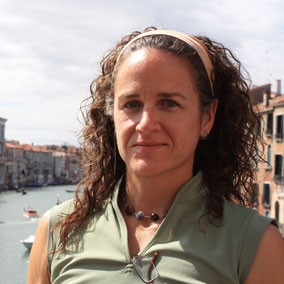 DEBRA DAVIDSON
DEBRA DAVIDSON
Assisted migration’s complex social context
Debra is an Associate Professor in the Department of Resource Economics and Environmental Sociology at the University of Alberta. Her research explores the multiple social factors that will influence the success of efforts to adapt to climate change with the employment of assisted migration, with particular focus on the decision-making environment of forest managers in Alberta and British Columbia. The likelihood for any new technology to be widely adopted is a function of multiple social factors, which operate independently of the scientific or technological merits of a given technology. In order for successful adoption to take place, the technology in question must first and foremost be compatible with the ethical values and belief systems of the dominant cultural system in which the technology is introduced. Manipulations of natural systems are already a culturally contentious subject, and given that the intention of those manipulations pertains to climate change adaptation—a contentious subject in and of itself—assisted migration is being introduced into a rather tumultuous cultural terrain. Moreover, the incentive structures embedded in current policy regimes may pose constraints to adoption; and the potential financial risks posed by adoption of new seed sources and how those costs are distributed may do the same. The institutional cultures of public and private organizations also play a role, by fostering, or resisting, flexibility and innovation in management practices. Finally, individual differences in climate change concern, risk perception, and predispositions for innovation all affect the propensity for an individual forest manager to be willing to adopt a new technology. Identifying those social factors that present the greatest obstacles, as well as opportunities for adoption and diffusion, can assist in strategic planning for the implementation of assisted migration.
![]()